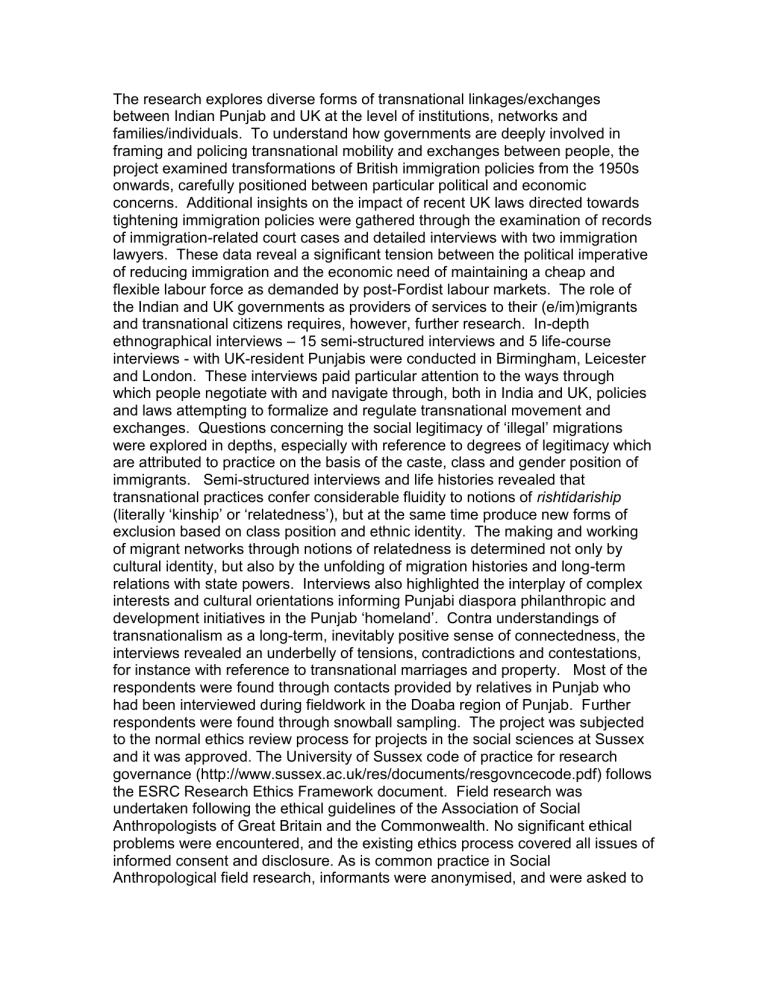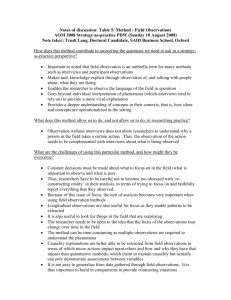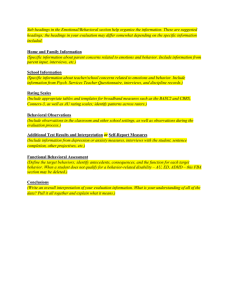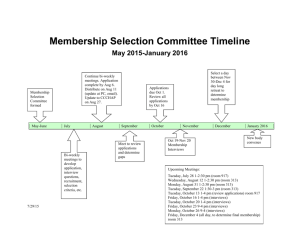Methodology

The research explores diverse forms of transnational linkages/exchanges between Indian Punjab and UK at the level of institutions, networks and families/individuals. To understand how governments are deeply involved in framing and policing transnational mobility and exchanges between people, the project examined transformations of British immigration policies from the 1950s onwards, carefully positioned between particular political and economic concerns. Additional insights on the impact of recent UK laws directed towards tightening immigration policies were gathered through the examination of records of immigration-related court cases and detailed interviews with two immigration lawyers. These data reveal a significant tension between the political imperative of reducing immigration and the economic need of maintaining a cheap and flexible labour force as demanded by post-Fordist labour markets. The role of the Indian and UK governments as providers of services to their (e/im)migrants and transnational citizens requires, however, further research. In-depth ethnographical interviews
– 15 semi-structured interviews and 5 life-course interviews - with UK-resident Punjabis were conducted in Birmingham, Leicester and London. These interviews paid particular attention to the ways through which people negotiate with and navigate through, both in India and UK, policies and laws attempting to formalize and regulate transnational movement and exchanges. Questions concerning the social legitimacy of ‘illegal’ migrations were explored in depths, especially with reference to degrees of legitimacy which are attributed to practice on the basis of the caste, class and gender position of immigrants. Semi-structured interviews and life histories revealed that transnational practices confer considerable fluidity to notions of rishtidariship
(literally ‘kinship’ or ‘relatedness’), but at the same time produce new forms of exclusion based on class position and ethnic identity. The making and working of migrant networks through notions of relatedness is determined not only by cultural identity, but also by the unfolding of migration histories and long-term relations with state powers. Interviews also highlighted the interplay of complex interests and cultural orientations informing Punjabi diaspora philanthropic and development initiatives in the Punjab ‘homeland’. Contra understandings of transnationalism as a long-term, inevitably positive sense of connectedness, the interviews revealed an underbelly of tensions, contradictions and contestations, for instance with reference to transnational marriages and property. Most of the respondents were found through contacts provided by relatives in Punjab who had been interviewed during fieldwork in the Doaba region of Punjab. Further respondents were found through snowball sampling. The project was subjected to the normal ethics review process for projects in the social sciences at Sussex and it was approved. The University of Sussex code of practice for research governance (http://www.sussex.ac.uk/res/documents/resgovncecode.pdf) follows the ESRC Research Ethics Framework document. Field research was undertaken following the ethical guidelines of the Association of Social
Anthropologists of Great Britain and the Commonwealth. No significant ethical problems were encountered, and the existing ethics process covered all issues of informed consent and disclosure. As is common practice in Social
Anthropological field research, informants were anonymised, and were asked to
confirm their consent prior to interview. All data collected will remain stored on password-controlled laptop computers.







